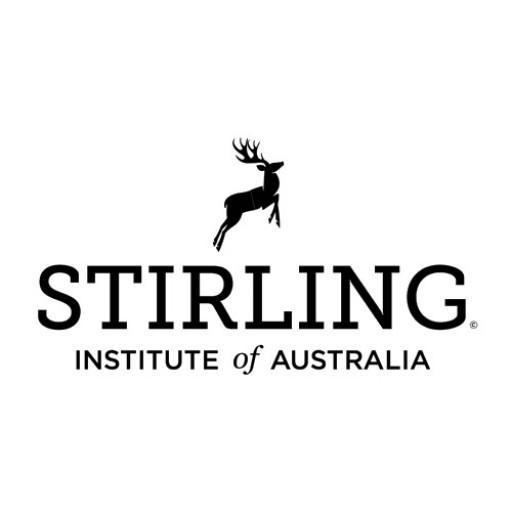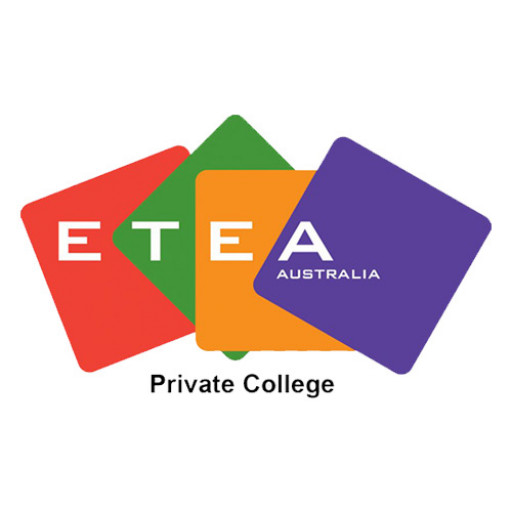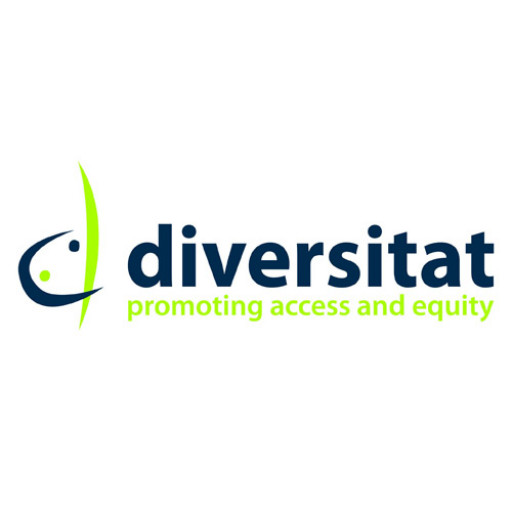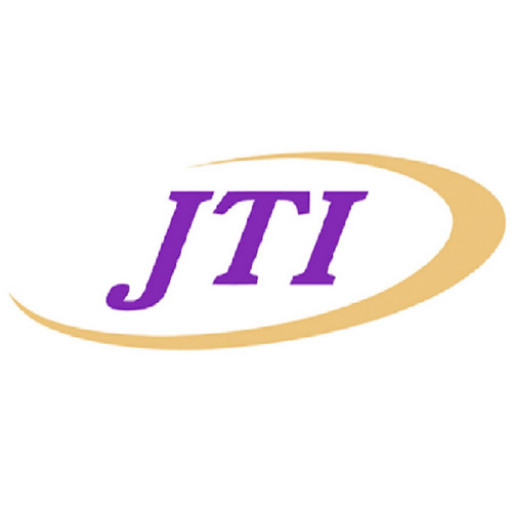This qualification reflects the role of workers in a range of community preferences and customers \u2019 homes, who provide training and support in a manner that empowers people with disabilities to achieve greater levels of independence, self-reliance, community participation and health. Workers promote a person-centred strategy, job without direct supervision and may have to oversee or coordinate a tiny team.To achieve this qualification, the candidate should have completed at least 120 hours of work as detailed in the Assessment Prerequisites of the units of competency.No law, legislative, regulatory or certification requirements apply to the qualification during publication.
The Disability Studies program at Stirling Institute of Australia Pty Ltd offers a comprehensive exploration of the multifaceted field of disability, focusing on social, cultural, political, and policy aspects. This program aims to equip students with critical understanding and practical skills necessary to advocate for disability rights, promote inclusion, and contribute to the development of accessible environments in various sectors. Throughout the course, students will examine the historical context of disability, the evolution of disability rights movements, and contemporary debates surrounding accessibility, participation, and social justice. The curriculum covers key topics such as disability legislation and policy frameworks, healthcare and social support services, inclusive education practices, and employment strategies for individuals with disabilities. Students will also analyze the impact of societal attitudes and stereotypes on the lived experiences of people with disabilities and explore methods for fostering positive change within communities and workplaces. The program emphasizes interdisciplinary learning, integrating perspectives from sociology, psychology, law, education, and health sciences to provide a well-rounded understanding of disability issues. Practical components include internships, community engagement projects, and research assignments designed to develop advocacy skills and promote real-world application of theory. By the end of the program, graduates will be prepared to work in diverse fields including social services, policy development, advocacy organizations, healthcare, education, and government agencies. They will possess the knowledge to develop inclusive policies, promote awareness, and implement initiatives that enhance the quality of life for individuals with disabilities. This program is ideal for individuals passionate about social justice, equality, and making a positive difference in the lives of people with disabilities.
Program Requirements:
The Disability Studies program at Stirling Institute of Australia Pty Ltd is designed to provide students with a comprehensive understanding of disability, inclusion, and accessibility issues within various social, legal, and policy contexts. To be eligible for admission, applicants must have completed the equivalent of Australian Year 12 schooling or hold an approved educational qualification demonstrating the capacity to undertake university-level study. Additionally, applicants are typically required to submit proof of English language proficiency, such as IELTS or TOEFL scores, unless they have completed prior education conducted in English.
Prospective students must also provide detailed academic transcripts demonstrating satisfactory academic achievement in previous studies. The program emphasizes developing critical thinking, research skills, and practical competencies, so applicants with relevant experience or background in social sciences, health sciences, education, or related fields may have advantageous consideration during the selection process. While specific coursework prerequisites are not strictly mandated, foundational knowledge in psychology, sociology, or human development can support student success.
International students must meet visa requirements set by Australian immigration authorities, including health and character clearances, and demonstrate sufficient financial capacity to support their studies. The program requires enrolled students to participate in a combination of coursework, practical placements, and research projects. Active engagement and academic integrity are essential components of graduation eligibility.
Students are advised to review the detailed entry criteria and ensure all documentation is submitted within specified deadlines. For any special considerations or accommodations related to disability, applicants are encouraged to communicate with the institute's admissions office early in the application process to facilitate necessary support arrangements. The program also promotes inclusivity and equal opportunity, aligning with broader institutional policies on diversity and accessibility.
The financing studies for the Disability programme at the Stirling Institute of Australia Pty Ltd are structured to provide students with comprehensive support options to facilitate their educational pursuits. Students may access various funding opportunities, including government grants, scholarships, and financial aid packages designed specifically for students with disabilities or those studying in related fields. The institute collaborates with government agencies to ensure that eligible students can benefit from financial assistance programs such as Austudy, Abstudy, and other state-based funding options aimed at reducing financial barriers. Furthermore, the institution offers flexible payment plans and tuition fee discounts for eligible students, which can help manage the costs associated with pursuing a degree.
Students are encouraged to explore external funding sources, including private scholarships and philanthropic organizations that support education for individuals with disabilities. The institute's dedicated financial aid office provides personalized guidance to students in completing application processes and understanding the eligibility criteria for various funding options. Additionally, the university's programmes may include work-integrated learning or part-time employment opportunities, allowing students to supplement their income during their studies.
The institute also emphasizes the importance of planning and budgeting throughout the duration of the programme to ensure students can sustain their academic pursuits financially. Special consideration and support are available for students facing financial hardship, including emergency grants and hardship funds. Overall, the combination of institutional resources, government support, and external funding sources aims to make the Disability programme financially accessible to a diverse range of students, ensuring they can complete their education without undue financial stress.
The Disability program at the Stirling Institute of Australia Pty Ltd is designed to equip students with comprehensive knowledge and practical skills necessary to support individuals with disabilities across various contexts. The curriculum emphasizes a multidisciplinary approach, integrating elements of health, social sciences, and community support to prepare graduates for effective engagement in disability services. Students will explore core areas such as disability rights and legislation, person-centered care, communication strategies, and support planning, enabling them to foster inclusive environments and promote independence among clients. The program also addresses contemporary issues in disability, including mental health, assistive technologies, and inclusive education, ensuring graduates are well-prepared to adapt to evolving industry standards and diverse client needs.
Throughout the course, students will engage in practical placements and hands-on training, allowing them to apply theoretical concepts in real-world settings. This experiential learning component is critical for developing practical competencies and understanding the day-to-day realities faced by individuals with disabilities and their support networks. The program is tailored to meet accreditation standards, offering pathways for further qualification and career advancement in disability care, community services, and advocacy roles.
Faculty members involved in the program possess extensive industry experience, providing students with mentorship and insights into current challenges and innovations within the disability sector. The Stirling Institute of Australia also fosters a supportive learning environment, encouraging collaboration, cultural sensitivity, and ethical practice. Graduates typically find employment in government agencies, non-profit organizations, healthcare providers, and private support services, making meaningful contributions to improving quality of life for people with disabilities. Overall, the Stirling Institute's disability program is committed to developing compassionate, skilled professionals who can make a positive impact in diverse communities and promote social inclusion for all individuals with disabilities.









